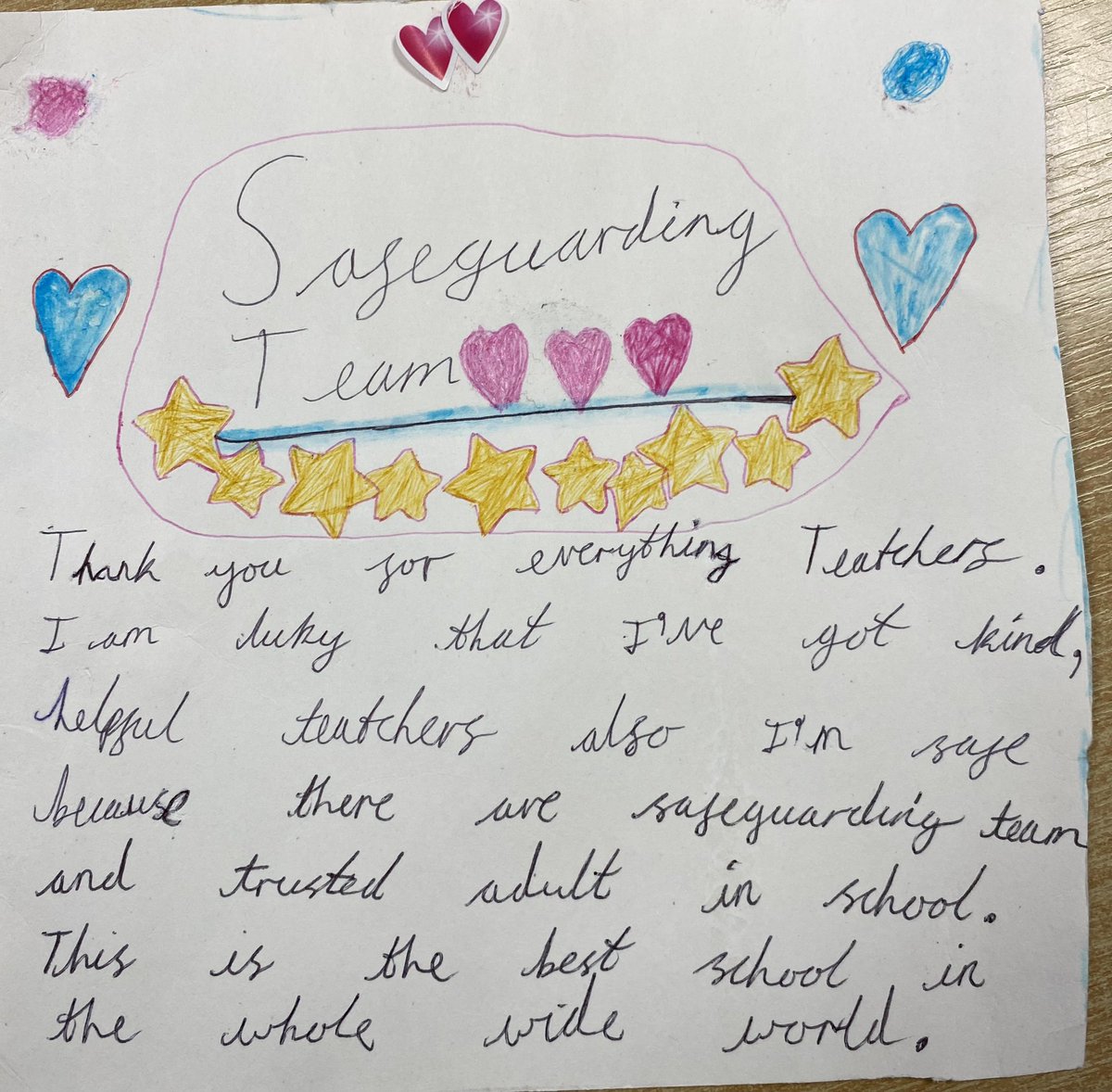Geography
“Geography is a subject which holds the key to our future”
Michael Palin
Geography is an exciting, knowledge led subject that helps us better understand the people, places and environments in the world. The programme of study for Geography states “a high-quality geography education should inspire in pupils a curiosity and fascination about the world and its people that will remain with them for the rest of their lives”.
A geographer needs:
- Fieldwork skills
- Analytical skills
- Mapping and interpretation skills
- Observational skills
- An enquiring mind
The National Geographic has broken Geography into 5 themes, all of which we will cover, as laid out in our progression gird.

Intent
We believe the teaching of geography is vital to developing life-long learners who seek to maximise the use of resources in their environment, who minimise the impact of their actions and seek to develop understanding of the world they live in. These will be achieved using enquiry questions, which seek to provide answers to the understanding of where things are found, why they are there, and how they develop and change over time.
Children will be equipped with knowledge and understanding of key vocabulary and terminologies about diverse places, people, resources, natural and human environments, together with a deep understanding of the Earth’s key physical and human processes using knowledge organisers. Our intention is for our children to be ready to tackle the expectations of KS3 and beyond.
What will it look like in EYFS, KS1 and KS2?
The early learning goals at EYFS aim to guide children into making sense of their physical world and their community by exploring, observing, and finding out about people, places, technology and the environment.
In Year 1 and 2, children will develop understanding of their local area by learning about where they live, as well as one other small area of the United Kingdom and a small area in a contrasting non-European country. Children will learn about weather patterns in the United Kingdom and hot and cold areas of the world. They will use computing, world maps, atlases and globes, simple compass directions, aerial photographs and plans, as well as simple fieldwork and observational skills during their learning.
Years 3 to 6, the geography curriculum retains some flexibility, and builds and expands on previous knowledge. There are four focus areas:
- Locational knowledge
- Place knowledge
- Human and physical geography
- Geographical field work and mapping
Locational knowledge examines latitude, longitude and time zones. The children will use maps to focus on Europe, North and South America, concentrating on regions, key physical/human characteristics, countries, and major cities. They will also work on locating the counties and cities of the United Kingdom and start to explore their human and physical characteristics.
The geography curriculum provides the opportunities for children to examine geographical similarities and differences by comparing the geography of a region of the United Kingdom with a region in a European country, and with a region in either North or South America. This will cover the place knowledge aspect of the curriculum.
Human and physical geography will encompass the description and understanding of key aspects of geography, for example: climate zones, rivers, mountains, volcanoes, earthquakes, the water cycle, types of settlement, economic activity and the distribution of natural resources and the impact they have on people.
Implementation:
To ensure our teachers provide the best opportunities for the delivery of the geography curriculum, the content of the subject has been carefully sequenced starting from locational knowledge in Year 1 and building on from their starting point in Year 2 and in Key Stage 2. This is clearly mapped out in our geography progression.

Teachers will make use of front cover sheets and knowledge organisers to share key knowledge and vocabulary for every half term’s unit, which will enable children to understand the exact knowledge/vocabulary that needs to be learnt by the end of the half term to give them a better understanding of their world.
Geography is timetabled and taught each half term in 6-week blocks, an hour a week in each class.
Our learning environment will reflect the current learning and creates opportunity for children to refer to concepts, knowledge and skills taught. Essential resources needed to deliver map skills will be made available to children in the classroom. Where possible and relevant, trips will be organised to give children first-hand experience to develop the knowledge and concepts taught in the subject.
Impact
Pupils record their learning in a variety of ways, recorded within their geography books. Evidence of the learning is dependent on the lesson outcome; year group and the knowledge and skills being developed. This can be in the form of: written outcomes, tables and charts, photographs of practical/ fieldwork activities, speech bubble comments relating the learning.
The use of retrieval practice strategies built into the learning will help teachers identify how much knowledge has been learnt in a unit. At the end of each unit, children will complete a written mastery outcome which is authentic to the discipline being taught and also a multiple choice quiz. This information informs teacher assessments of children working towards, at and beyond mastery.
Subject leaders will conduct learning walks, planning scrutiny and pupil interviews to measure the impact of our teaching, based on how much children can remember.
Subject leaders will meet with their counterparts from our other cluster schools half termly and will moderate the planning, work and monitoring outcomes from their setting to ensure that standards are meeting or exceeding the expectations of the National Curriculum.























